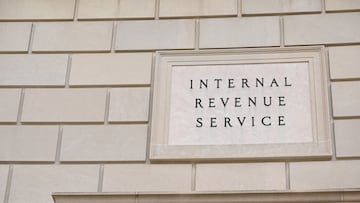Is the 401K plan taxed when you retire?
There are various private retirement accounts available to workers and one of the main differences is how the funds allocated to them are taxed.


The two main retirement accounts available to workers in the US are 401(k)s and Roth IRAs. The two differ in when a account holder is taxed on the funds they enter or withdraw.
A 401(k) requires the worker to pay tax on benefits as they are withdrawn during retirement, while, a Roth IRA, taxes benefits as they enter the account.
So, to the question, are 401(k)s taxed when you retire? Yes they are.
What are the benefits of the 401(k) over a Roth IRA?
For those with higher incomes, opening a 401(k) can lower total taxable income because the funds that are allocated to the account are subtracted from their gross income. For some, this can be used to place them in a lower tax bracket, meaning that they will be charged a lower rate overall. The IRS does set a limit on the amount of money that can be put in these accounts on a yearly basis. In 2022, that limit is $20,500 and that amount will increase based on the cost-of-living next year.
The funds that are placed into the account will not be taxed as they go in, instead, taxes are paid for when the retiree begins to withdraw. For some, this would severely cut into their benefit amounts because taxes are likely to be higher in the future. Economists and financial planners are assuming that money will be worth more in the future, which means that, the Roth IRA helps those who would like to maximize their benefit amounts when they retire.
Related stories
Yahoo! News has also reported that 401(k)s can also be associated with higher fees because of the financial oversight needed to comply with the IRS.
When a worker retires and begins to withdraw from their 401(k), the IRS will tax the amount they take out as if it is personal income. Meaning that the same tax brackets are used as workers whose income is generated from their current labor, as opposed to that which occurred in the past. For that reason, if tax rates become much higher in the future, a retiree may pay more tax on the benefits.